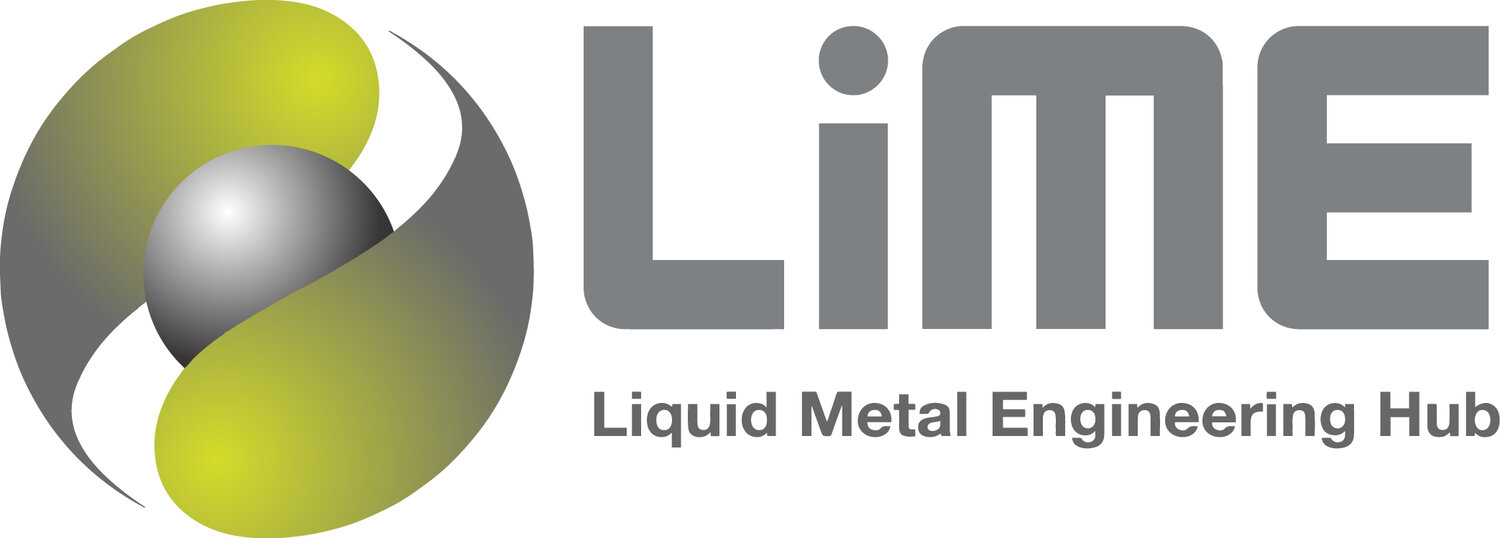Computer simulation of self-piercing riveting process for joining automotive structures
Applications are invited for our EPSRC funded Doctoral Training Partnership (DTP) PhD studentship for the project “Computer simulation of self-piercing riveting process for joining automotive structures” starting 1st October 2021. Successful applicants will receive an annual stipend (bursary) of £17,609, including inner London weighting, plus payment of their full-time tuition fees for a period of 36 months (3 years).
The majority of studentships are available to applicants who are eligible for home (UK) tuition fees but a limited number are available to overseas and EU nationals who meet the academic entry criteria.
The Project
The successful applicant will join the internationally recognised researchers in the Brunel Centre for Advanced Solidification Technology (BCAST). This exciting research project is focused on developing advanced models for tooling, material behaviour and process performance of Self-Piercing Riveting (SPR), which is a high-speed mechanical fastening process for point-joining sheet material, based on commercially available software and previous work conducted by our industrial partner (Atlas Copco UK), and applying the models in the simulation of the SPR process with a range of stack and material combinations including high strength aluminium-steel automotive structures.
Please contact Dr Yan Huang at yan.huang@brunel.ac.uk to arrange an informal discussion about the project.
Eligibility
Applicants will be required to demonstrate their ability to undertake modeling and simulation under various experimental conditions and in diverse settings with strong programming aptitude, and work in an interdisciplinary team involving both academic and industrial environments. Programming and simulation; research project in mechanical and/or physical metallurgy, in particular related to aluminium alloys and steel; and materials characterization including mechanical testing and optical and electron microscopy is an advantage. You should be highly motivated, able to work in a team as well as independently and have good communication skills.
Academic Entry Criteria
You will have or be expected to receive a 1st class or 2:1 honours degree in a suitable engineering or science discipline, e.g. metallurgy, materials science, mechanical engineering, chemical engineering, manufacturing engineering or physics. A masters degree is not required but may be an advantage. If applicable, you should hold an English Language proficiency qualification of or equivalent to an overall score of IELTS 6.5 (minimum 6.0 in all sections).
How to apply
Please submit the documents below) to cedps-pgr-office@brunel.ac.uk by Noon on Friday 4 June 2021. Interviews will take place in June/July 2021.
Your up-to-date CV;
Your 300 to 500 word personal statement summarising your background, skills and experience;
Your Undergraduate/Postgraduate Masters degree certificate(s) and transcript(s);
Your English language qualification, if applicable;
Contact details for TWO referees, one of which can be a member of Brunel University academic staff.
Remember to state the title of the project at the top of your personal statement.
Meet the Supervisor - Dr Yan Huang
Dr Huang leads metallic biomaterials research at Brunel, working on both traditional permanent titanium implants and novel biodegradable magnesium medical devices for orthopaedic cardiovascular applications. He recently won three research grants in biomaterials research from the Royal society, EPSRC and European Commission (EC). Dr Huang is a founding member and co-investigator of the EPSRC Future Liquid Metal Engineering (LiME) HUB where he leads the activities on process development and light alloy processing involving both solidification and plastic deformation. He has extensive experience in process innovation for combined solidification and thermomechanical processing (semisolid forming, twin roll casting, and integrated cast-forming), solid state joining, severe plastic deformation for light alloys and light metal matrix composites. He has long term interests in the characterization of microstructure and texture evolution during thermomechanical processing and fundamental issues of strengthening, plastic deformation and grain boundary migration.
